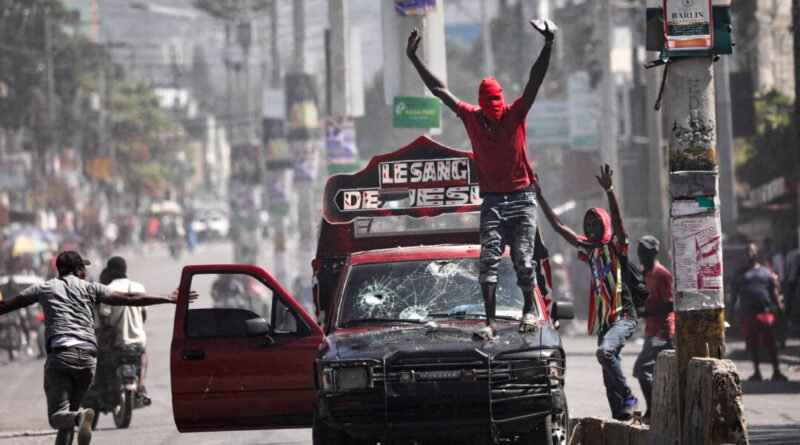UN Report: Almost 580,000 People Displaced by Rising Gang Violence in Haiti
The number of displaced people in Haiti has surged by 60 percent since the report in March.
Over half a million individuals have been displaced in Haiti as the security situation in the country worsens and armed violence escalates, according to the U.N.’s International Organization for Migration.
This number represents a 60 percent increase compared to the March report which identified 362,551 internally displaced people in Haiti, an already devastated nation following a 2021 earthquake.
The latest report indicates that 54 percent of the internally displaced persons are female and 52 percent are children.
“The number of IDPs [internally displaced persons] uprooted so far this year is nearly equivalent to the total number of IDPs in all of 2023, underscoring a worsening security situation in the early part of 2024,” the report noted.
Additionally, the country is grappling with severe food insecurity as highlighted in the report, with all areas of the country categorized in Phase 3 (Crisis) or Phase 4 (Emergency) from March to June 2024, signifying “the gravity of the food security situation in the country.”
The U.S. government issued a Level 4 warning for Haiti in March 2020 citing the “unpredictable and perilous” conditions in the nation.
Interim Prime Minister Pledges to Address Escalating Crime
Armed gangs also raided the country’s two largest prisons, facilitating the escape of thousands of inmates, and seized control of at least 80 percent of Port-au-Prince along with crucial roads to the rest of the country.
The violent upheaval, which occurred while then-Prime Minister Ariel Henry was in Nairobi, Kenya advocating for the deployment of a U.N.-backed police force in the East African nation, prompted the government to declare a state of emergency on March 3.
Subsequently, Mr. Henry, facing repeated criticism, resigned shortly after.
The newly established government awaits the arrival of a U.N.-backed police force from Kenya and other nations.
The Associated Press contributed to this report.






